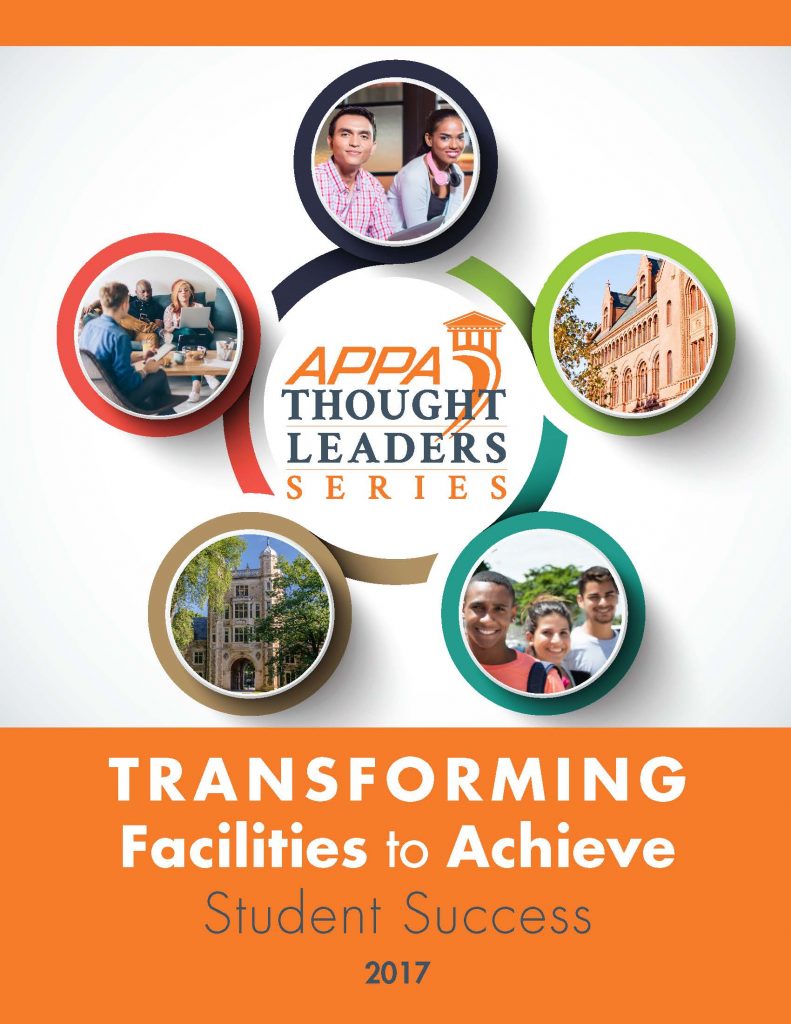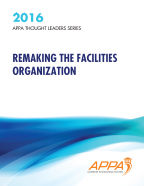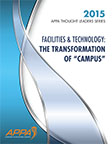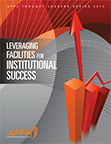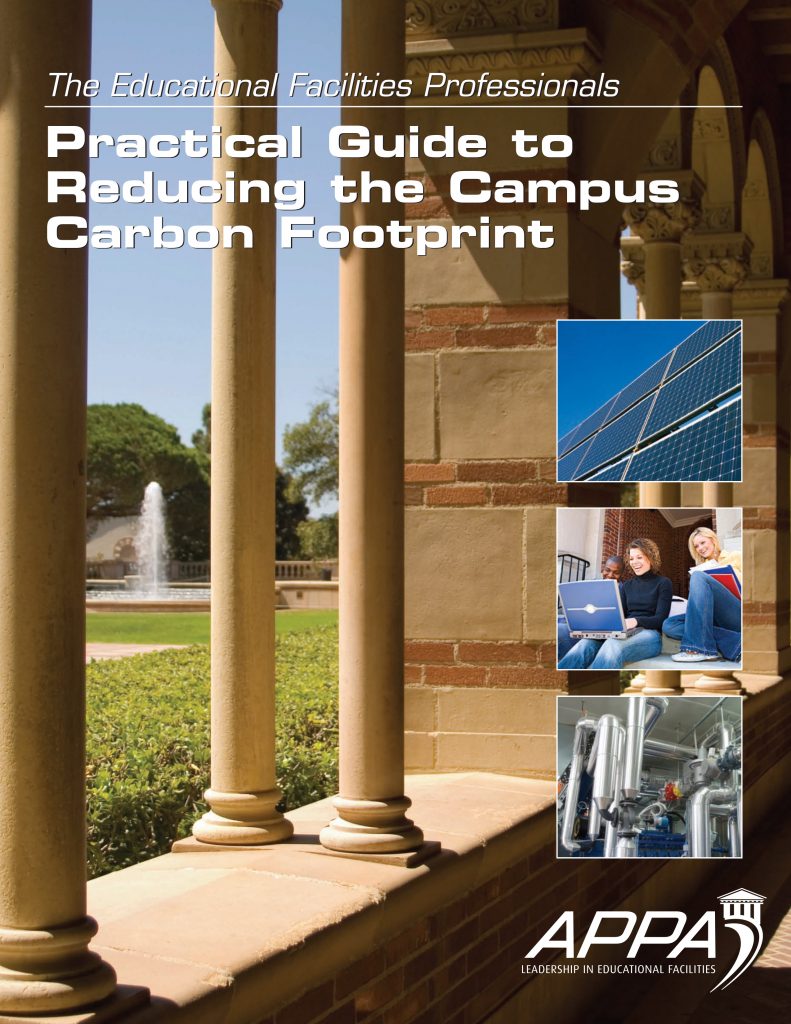The 2017 Thought Leaders report focuses on Transforming Facilities to Achieve Student Success. Student success starts with retention and graduation, but it can expand to include factors from personal career goals to social responsibility. A key message from the report is that through strategic investment in their facilities, colleges and universities can support student success, position the campus for the future, and serve as good stewards of campus assets. The report also stresses that the process must reflect the mission and vision of the campus, thus making the greatest impact possible on the college or university’s goals. All Thought Leaders reports are free, thanks to the generosity of sponsors Jacobs and Johnson Controls, and may be downloaded from the APPA Bookstore.
The 2016 Thought Leaders symposium, supported in part by long-time sponsor Jacobs, discusses Remaking the Facilities Organization. The report makes the case for a customer-centric higher education facilities organization. Experts provide their insights on how a focus on the customer provides a framework for driving change. The benefits of a customer-centric focus include empowered employees, better alignment between the mission of the facilities organization and the mission of the institution, and improved stewardship of campus systems and resources.
The 2015 Thought Leaders symposium, sponsored in part by Jacobs, focuses on the topic of Facilities & Technology: The Transformation of “Campus”. Educational institutions that master new technologies will have an edge in the increasingly competitive higher education landscape. The report discusses the factors related to integrating technology and the campus built environment; using technology to enhance critical campus functions; and integrating facilities management and information technology.
The 2014 Thought Leaders symposium, sponsored in part by DTZ, a UGL company, and Jacobs, highlights the issues and challenges related to leveraging campus facility assets to achieve desired institutional outcomes. The report examines the gap between where higher education wants to be and where it actually finds itself. Participants sought to identify the key characteristics of successful campuses, then looked at what institutions are actually achieving – the disagreeable reality of unsustainable funding models, unsuccessful students, and poorly utilized resources. The report includes an executive summary, strategies for improving institutional outcomes, a lengthy resource section, and the top facilities strategies to support the college or university.
APPA’s Sustainability Guide. APPA has also published a special report in our Thought Leaders Series – The Educational Professional’s Practical Guide to Reducing the Campus Carbon Footprint. Sponsored by Affiliated Engineers Inc., this implementation guide gives educational facilities professionals a practical companion framework for moving forward in their unique role within the process of achieving environmental sustainability. The report helps facilities managers and sustainability coordinators maximize their specific contributions and work in tandem with other campus stakeholders to meet their institutions’ goals of carbon neutrality and reduced greenhouse gas emissions.
 Create an Account
Create an Account
 Login/myAPPA
Login/myAPPA
 Bookstore
Bookstore
 Search
Search  Translate
Translate 